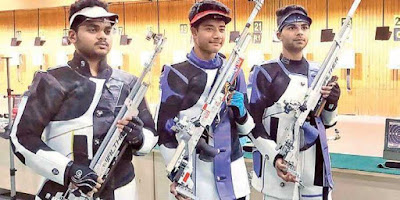23.01.2019
The 5th All India Deaf Magic competition is taking place in Udaipur on 23rd and 24th February. The event will take place on Sukhadia Rangmach in Town Hall. The speech and hearing impaired magicians from around the country will participate in this competition.
As informed by Praveen Kumar, this is the first show of its kind to be held in Udaipur. The organisers for the show are Deaf Welfare Society and Deaf magician Society of India. Around 300 to 400 deaf and dumb magicians from Rajasthan, Gujarat, Kerala, West Bengal and Maharashtra are likely to participate in this competition.
The 5th All India Deaf Magic competition is taking place in Udaipur on 23rd and 24th February. The event will take place on Sukhadia Rangmach in Town Hall. The speech and hearing impaired magicians from around the country will participate in this competition.
As informed by Praveen Kumar, this is the first show of its kind to be held in Udaipur. The organisers for the show are Deaf Welfare Society and Deaf magician Society of India. Around 300 to 400 deaf and dumb magicians from Rajasthan, Gujarat, Kerala, West Bengal and Maharashtra are likely to participate in this competition.





































